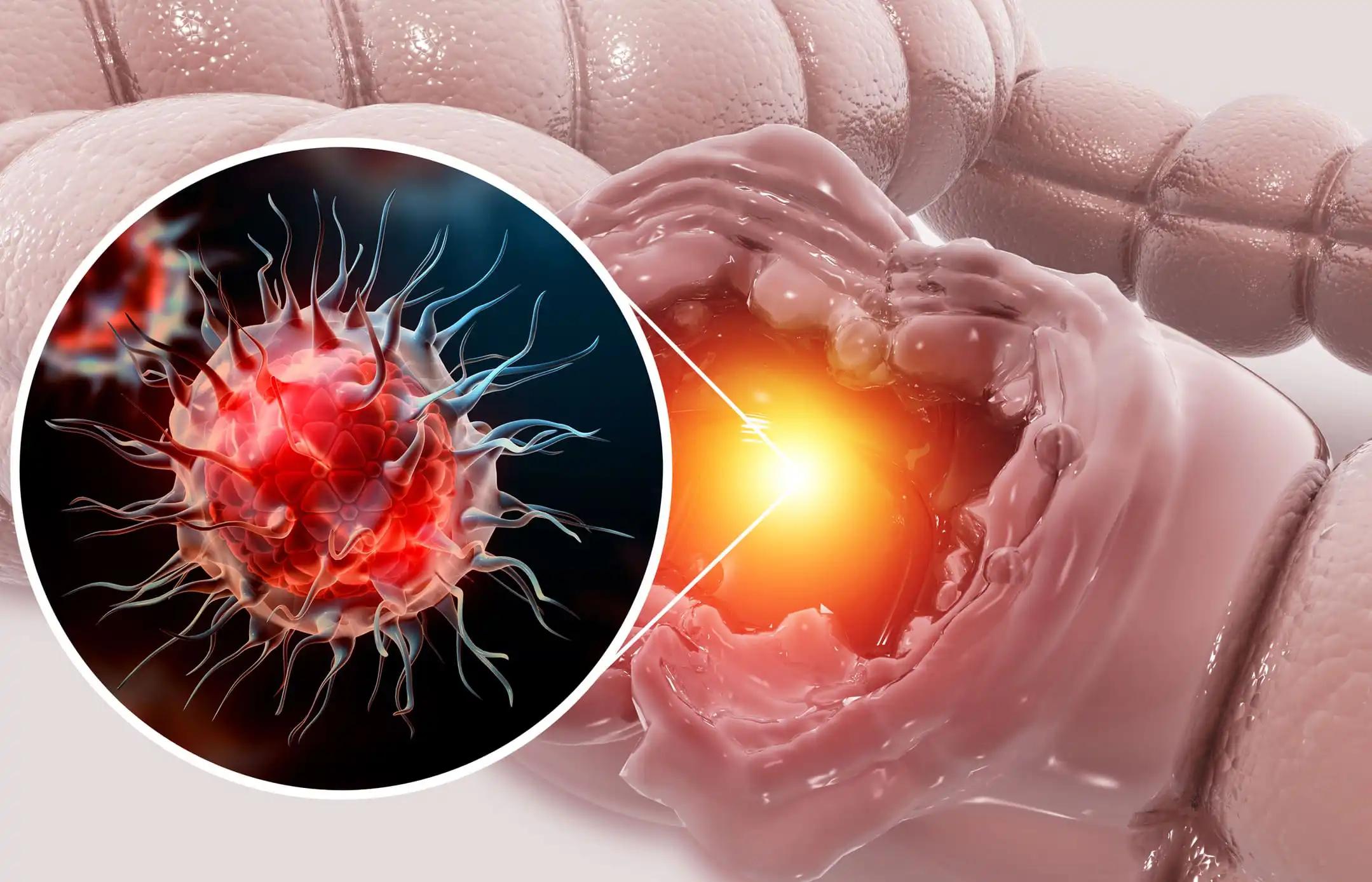KEY TAKEAWAYS
- The phase Ib CAMILLA study evaluated the efficacy and safety of cabozantinib in combination with durvalumab for advanced cases of GEA, CRC, and HCC.
- The method involved administering cabozantinib and durvalumab to patients in a dose escalation followed by expansion to identify Dose Limiting Toxicities.
- Cabozantinib + durvalumab combo shows promising efficacy and safety, particularly in high PD-L1 expression (CPS ≥5)—ongoing phase II trial.
Cabozantinib is a multi-tyrosine kinase inhibitor that predominantly targets VEGFR, MET, and AXL. These targets facilitate the development of a microenvironment that is permissive to tumor immunity. Cabozantinib has exhibited immunomodulatory characteristics and clinical synergy when combined with PD-L1 inhibitors like durvalumab. The conclusive outcomes of phase Ib of the Camilla trial evaluating the efficacy of cabozantinib in combination with durvalumab for advanced cases of GE adenocarcinoma (GEA), colorectal cancer (CRC), and hepatocellular carcinoma (HCC) are presented herein. Cabozantinib and durvalumab were administered to patients in a dose escalation (3+3) followed by expansion to identify the Dose Limiting Toxicities (DLTs), Recommended Phase 2 Dose (RP2D), Overall Response Rate (ORR), Progression-Free Survival (PFS), and Overall Survival (OS). A subgroup analysis was performed to evaluate the effectiveness of treatment in individuals with a PD-L1 Combined Positive Score (CPS) of 5 or higher. The administration of cabozantinib was performed at 20mg QD, 40mg QD, and 60mg QD PO in the first, second, and third cohorts. The administration of durvalumab was administered intravenously at a dosage of 1500mg every four weeks across all groups. The DLT window had a duration of 28 days. The modified Response Evaluation Criteria in Solid Tumors (RECIST) version 1.1 criteria permitted therapy administration beyond the point of disease progression. A total of 35 patients, comprising 14 females and 21 males, with a median age of 53 years (ranging from 27 to 79 years), were included in the study.
There were 10 cases of gastroenteritis, 20 cases of colorectal cancer, and 5 cases of hepatocellular carcinoma observed among the patients. None of the patients exhibited any signs of mismatch repair deficiency. The median count of previous systemic therapies was three, ranging from 0-3. There were no dose-limiting toxicities observed during the process of dose escalation. Based on the mature tolerability data, it was observed that 11 out of 14 patients who were administered cabozantinib 60mg required a dose reduction to 40mg after cycle 2. The recommended phase 2 dose (RP2D) comprises cabozantinib at 40mg once daily and durvalumab at 1500mg every 4 weeks. Out of the 247 Treatment-Related Adverse Events (TRAEs) that were observed, 24 of them, which is equivalent to 10%, had a grade of ≥3. The prevailing treatment-related adverse events (TRAEs) observed were grade 1-2 fatigue (57%), nausea (43%), anorexia (40%), diarrhea (37%), transaminitis (34%), hand-foot syndrome (23%), and weight loss (23%). Two patients presented with grade ≥3 fatigue, weight loss, and abdominal pain. In total, 30 points were assessable for effectiveness. The patient’s objective response rate (ORR) was 26.7%, with a disease control rate (DCR) of 83.3%. The median PFS was 4.5 months, and the 6-month PFS was 36.7%. The median OS was 9.1 months. Twelve patients exhibited PD-L1 CPS values greater than or equal to five. This subgroup’s objective response rate (ORR) was 33.33%, while the disease control rate (DCR) was 91.67%. The median PFS was 6.13 months, and the 6-month PFS was 50%. The median OS has not yet been reached. The combination of Cabozantinib and Durvalumab exhibited favorable efficacy and was well-tolerated without any novel safety signals. An elevated expression of PD-L1, as defined by CPS ≥ 5, was observed to be linked with enhanced effectiveness and longevity. The ongoing trial comprises the phase II multi-cohort segment.
Source:https://jitc.bmj.com/content/9/Suppl_2/A372
Clinical Trail:https://clinicaltrials.gov/ct2/show/NCT03539822
Anwaar Saeed, Robin Park, Junqiang Dai, Raed Al-Rajabi, Anup Kasi, Joaquina Baranda, Stephen Williamson, Zachary Collins, Jacob Ripp, Azhar Saeed, Kelly Mulvaney, Vanna Manirad, Rashna Madan, Dharmalingam Subramaniam, Shrikant Anant, Milind Phadnis and Weijing Sun/Phase I/II trial of cabozantinib plus durvalumab in advanced gastroesophageal cancer and other gastrointestinal malignancies (CAMILLA): phase Ib safety and efficacy results/Journal for ImmunoTherapy of Cancer, 9(Suppl 2). https://doi.org/10.1136/jitc-2021-SITC2021.345



